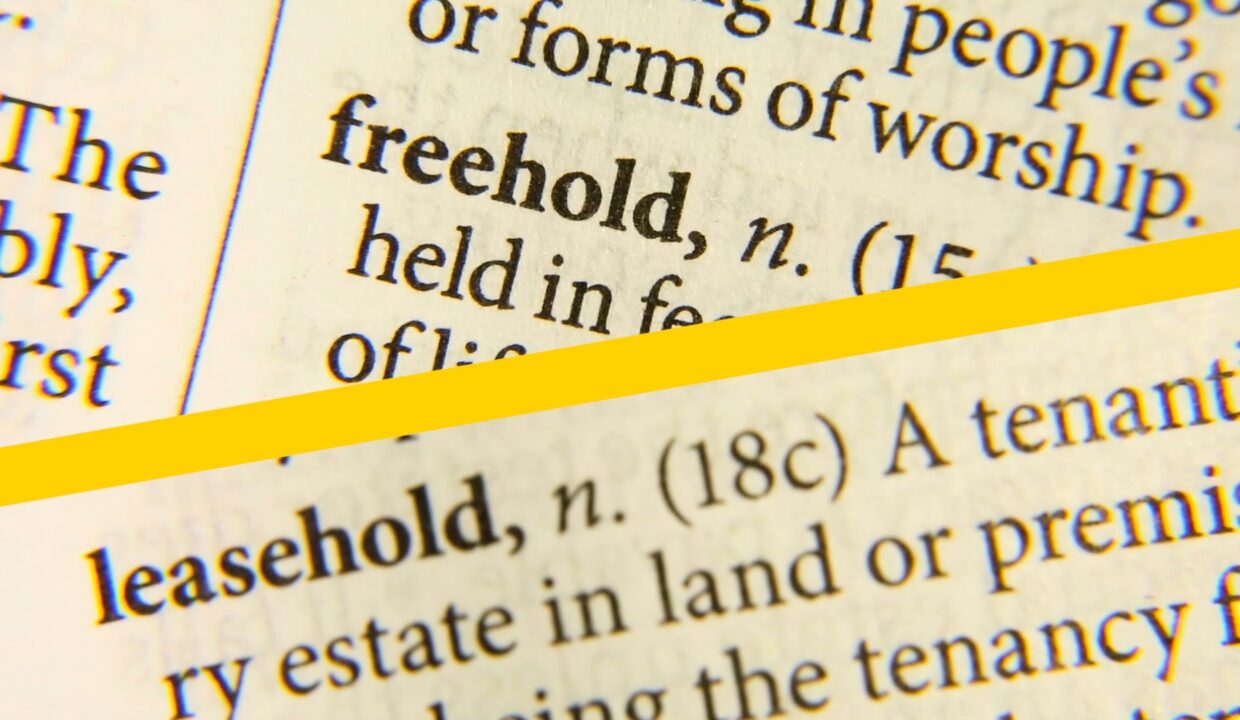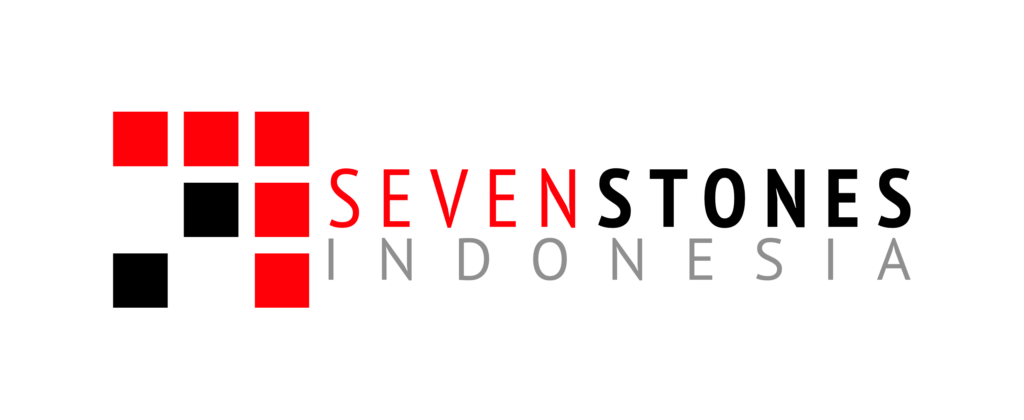
When dealing with property transactions in Indonesia, it’s crucial to understand the tax implications based on the type of property ownership—leasehold or freehold.
Each ownership status carries distinct tax rates and obligations for both the seller and the buyer, and being informed can help you navigate the financial aspects of your real estate transactions more effectively.
Leasehold Property Taxes
Leasehold property, where the land is leased for a specified period, involves different tax obligations depending on who the landowner and lessee are. The tax rate for leasehold transactions is typically set at 10%, and who pays the tax can vary:
- When a company owns the land and an individual is the lessee, the company is responsible for the 10% tax, and they must provide proof of withholding tax.
- If an individual owns the land and leases it to a company, the landowner must pay and report the 10% tax themselves.
- When both the landowner and lessee are individuals, the landowner is also responsible for paying and reporting the 10% tax.
- In cases where one company leases land to another company, the owning company must pay the 10% tax and provide withholding tax proof.
Understanding these nuances is essential for ensuring compliance with Indonesian tax regulations in leasehold property transactions.
Freehold Property Taxes
Freehold property, where the ownership is permanent, involves a different set of tax obligations for both the seller and the buyer. The tax rates for freehold transactions are lower compared to leasehold but are divided between the parties involved:
- For the seller, the tax rate is 2.5% of the total transaction value.
- For the buyer, the tax rate is 5%, which is calculated based on the total transaction value and the acquisition value of non-taxable objects.
These taxes are straightforward, but it’s important to be aware of them when planning a property purchase or sale, as they directly impact the overall cost of the transaction.
Prepare Your Property Tax
Dealing with property transaction taxes in Indonesia requires a clear understanding of the differences between leasehold and freehold ownership. By knowing who is responsible for paying taxes and the applicable rates, both buyers and sellers can plan more effectively and avoid any unexpected financial obligations.
For those looking to invest in Indonesian property, it’s advisable to consult with professionals who understand the local tax laws and can provide guidance tailored to your specific situation. Proper planning and informed decision-making are key to successful real estate investments in Indonesia.
